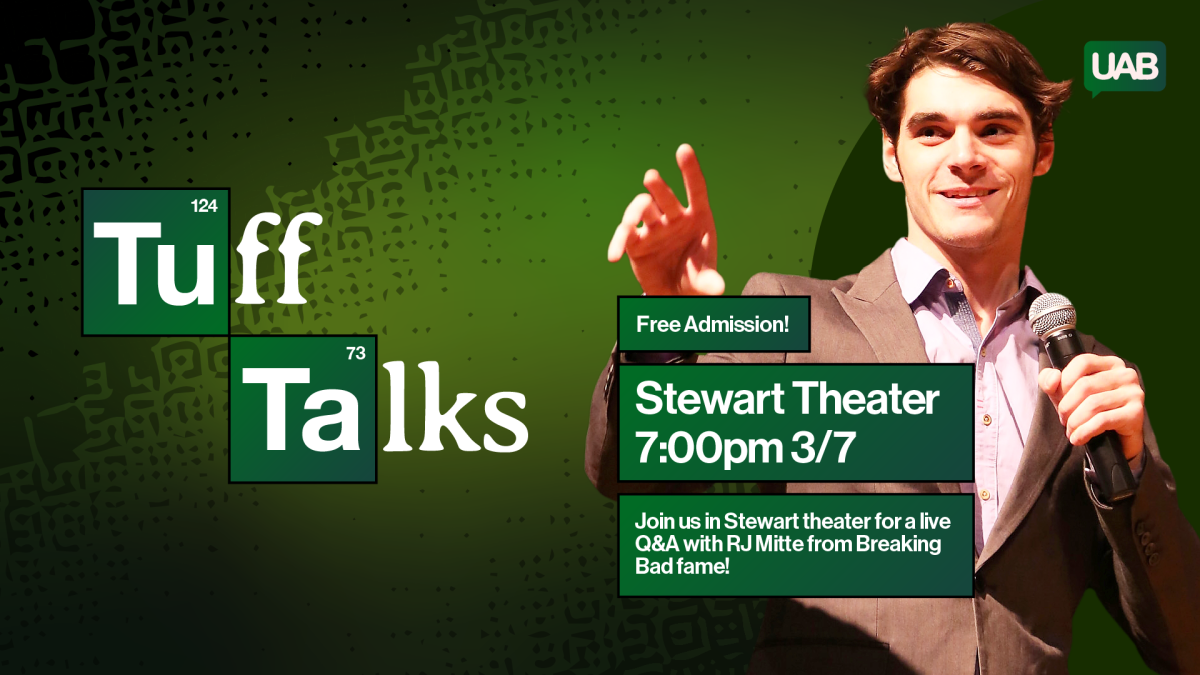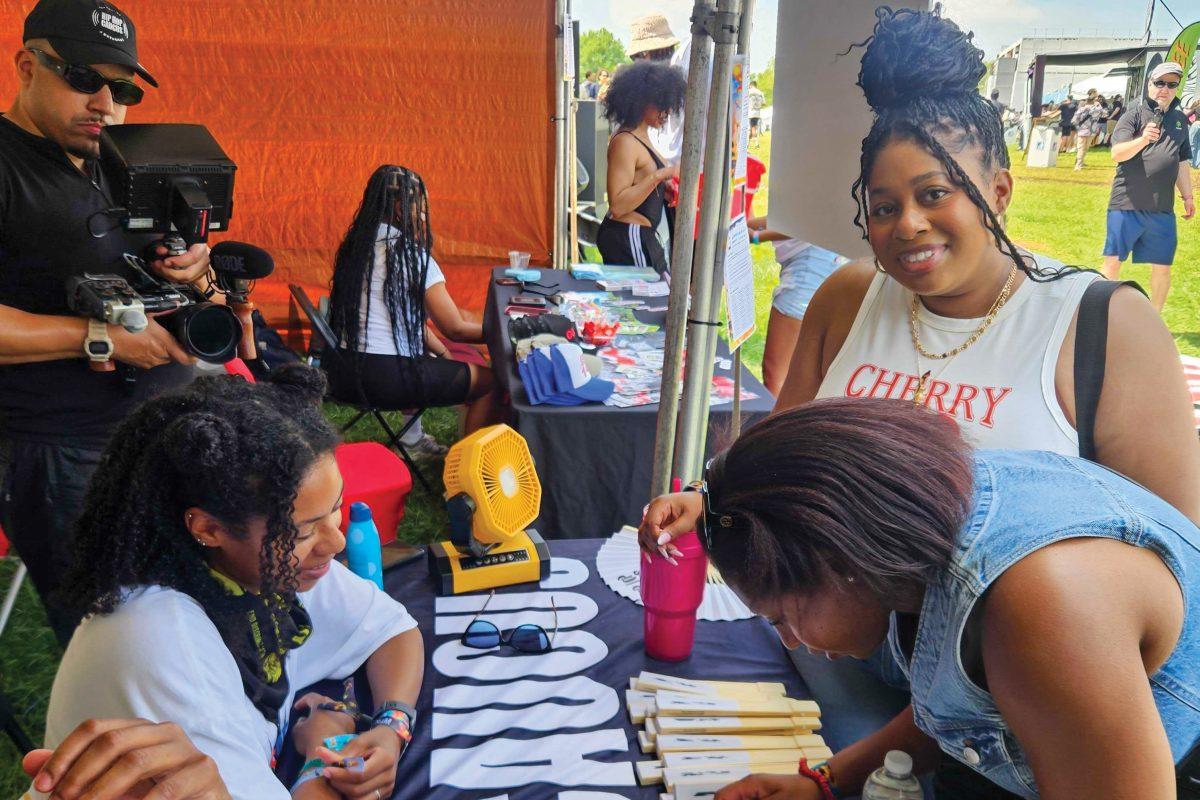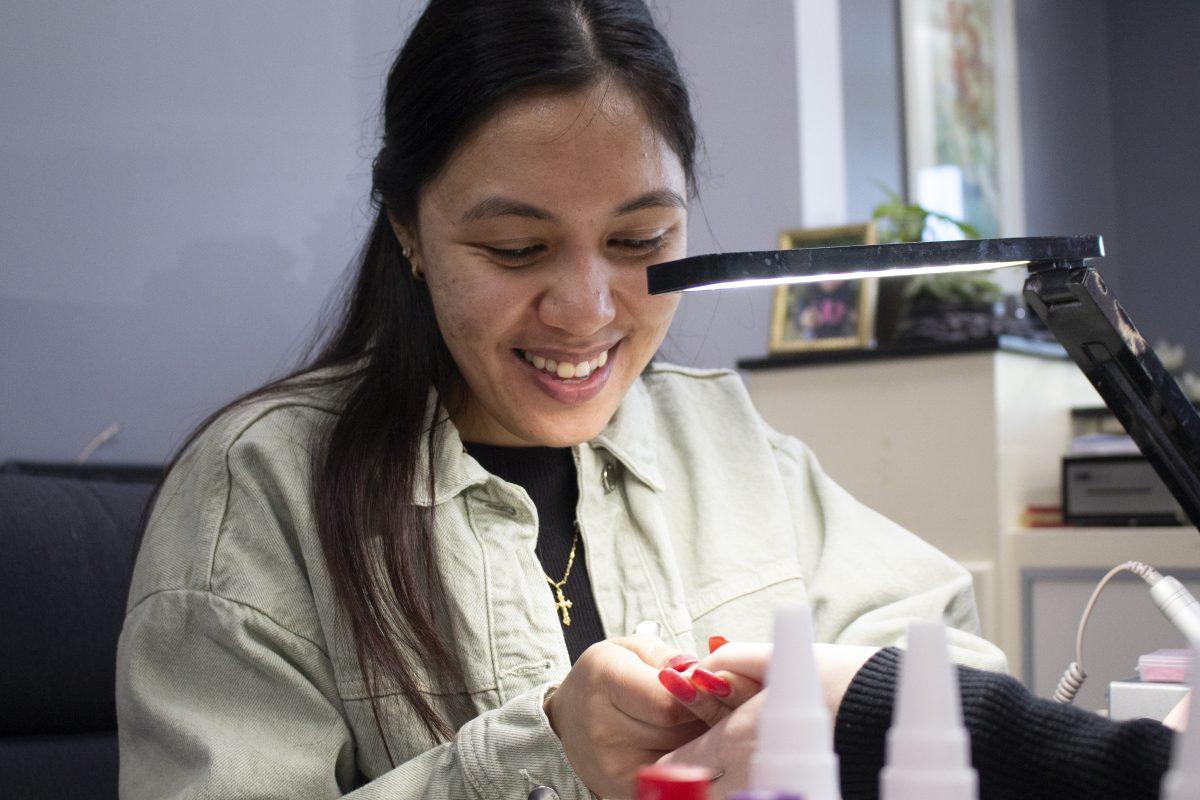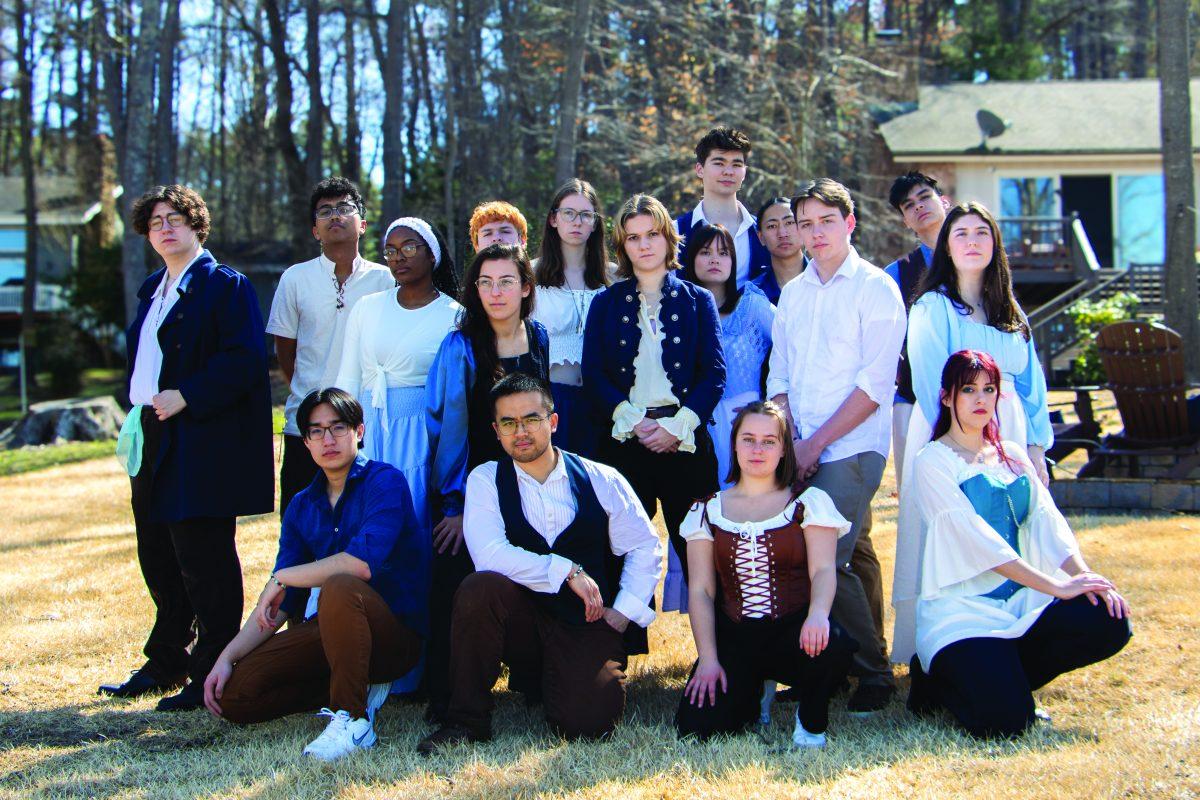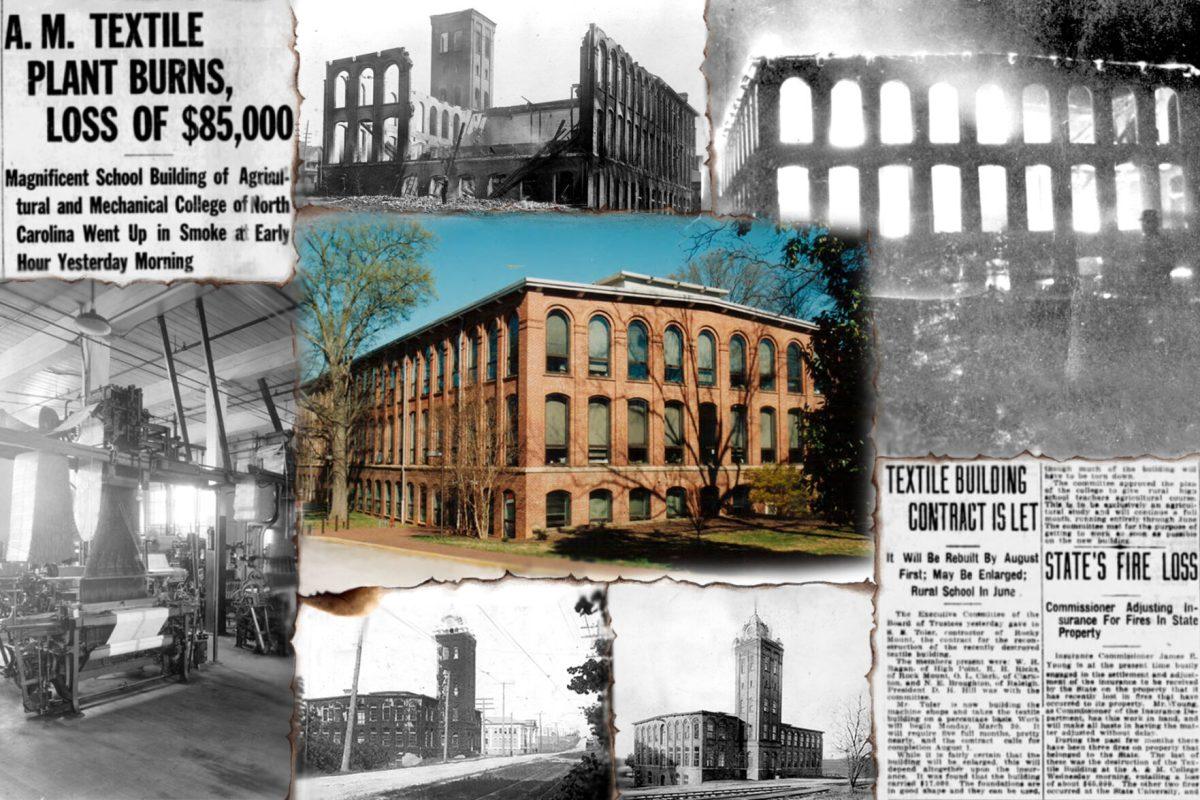RJ Mitte, best known for playing Walter White Jr. in the universally acclaimed television series “Breaking Bad,” took Stewart Theatre’s stage Thursday as this year’s TUFFTalks speaker, discussing disability advocacy and sharing stories from his time on one of IMBD’s top shows of all time.
TUFFTalks is the University Activities Board’s take on TED Talks, bringing notable speakers to campus annually. Christopher Myers, a third-year studying environmental science and the UAB’s entertainment committee chair, said UAB chooses TUFFTalks speakers based on the experiences they can share, among other factors.
“We brainstormed a list of speakers that we think would have interesting topics to talk about and that would also be exciting for the student body to see,” Myers said. “And, of course, we have to look at the budget, look at how much speakers cost to bring to State.”
Myers said Mitte was chosen to be this year’s TUFFTalks speaker because of his unique journey and role in “Breaking Bad.”
“We felt like [Mitte] could share a lot of insight into his mindset about his approach to life, especially with the challenges he’s faced … and would be exciting for the student body with his fame for ‘Breaking Bad,’” Myers said. “So we chose him as our best option for this year.”
Mitte took a humorous tone throughout his speech, sharing stories while shedding light on how living with cerebral palsy has led him to where he is today.
“I know you all want to hear about ‘Breaking Bad,’ Mitte said. “But there’s many, many other things, not just about ‘Breaking Bad,’ that I feel that I can share and that ‘Breaking Bad’ has enabled me to share.”
Mitte said his disability is the “easiest part” of his life — and that taxes were the hardest — and spoke about how growing up with cerebral palsy taught him that perseverance was the key to growth and achievement.
“People with disabilities, a lot of times people see us as weak, as fragile,” Mitte said. “They coddle, protect that person, like, ‘Don’t run too fast.’ And I kind of was raising the opposite. Like, ‘Oh, he’s having trouble keeping up — run faster.’ And through that, I never had a limitation on what I could or could not do. I never was allowed to live in a world that limited me on what I wanted to achieve.”
Mitte applied lessons learned from growing up with cerebral palsy to his acting career and discussed the perseverance it took him to break into the entertainment industry despite being faced with judgment and doubt.
“When I was a kid going into the entertainment industry, a lot of people were like, ‘Really, you’re gonna let RJ do that?’” Mitte said. “‘What if he doesn’t make it happen? What if it doesn’t work?’ And that’s something we’re all faced with. And you can either say, ‘No,’ and change that dream, or you can go, ‘I’m gonna do this, hell or high water,’ and continue to persevere.”
During his on-stage interview, Mitte called for disability advocacy and discussed his family’s philanthropic foundation focused on community development efforts in Brownsville, Texas. He also spoke extensively about embracing disabilities and changing the mindset many people have about disabilities.
“I think we need to embrace disabilities,” Mitte said. “If you limit our exposure to the world, you diminish our growth potential. I believe the most amazing thing is that people have disabilities and live full lives with disabilities, and they learn and grow past their disability, or really the perception of their disability.”
Mitte joked about his first audition being an anti-meth PSA for the state of California and talked about the grueling audition processes in the film industry. He also spoke extensively about his experiences filming “Breaking Bad.”
When asked about his favorite episode of the show, Mitte cited the pilot, acknowledging that he had only seen a total of six episodes because he was critical of his performance and admitted to leaving premiers early.
“I’ve never watched ‘Breaking Bad,’” Mitte said. “I’ve seen the first episode of every season and the last episode of last season because they put me in the middle of the audience. It was like they learned that I would leave when they would turn it on, so they would put me right in the middle where I would have to pass people. … One time I went to get up and a dude grabbed me by my arm and sat me back down, like ‘You’re not going anywhere.’”
Mitte repeated throughout the speech that “can’t” is a decision and urged the audience to persevere through struggle and doubt.
“Anyone can walk away, not everyone can walk through it,” Mitte said. “So I encourage you to never let ‘can’t’ be your decision.”


